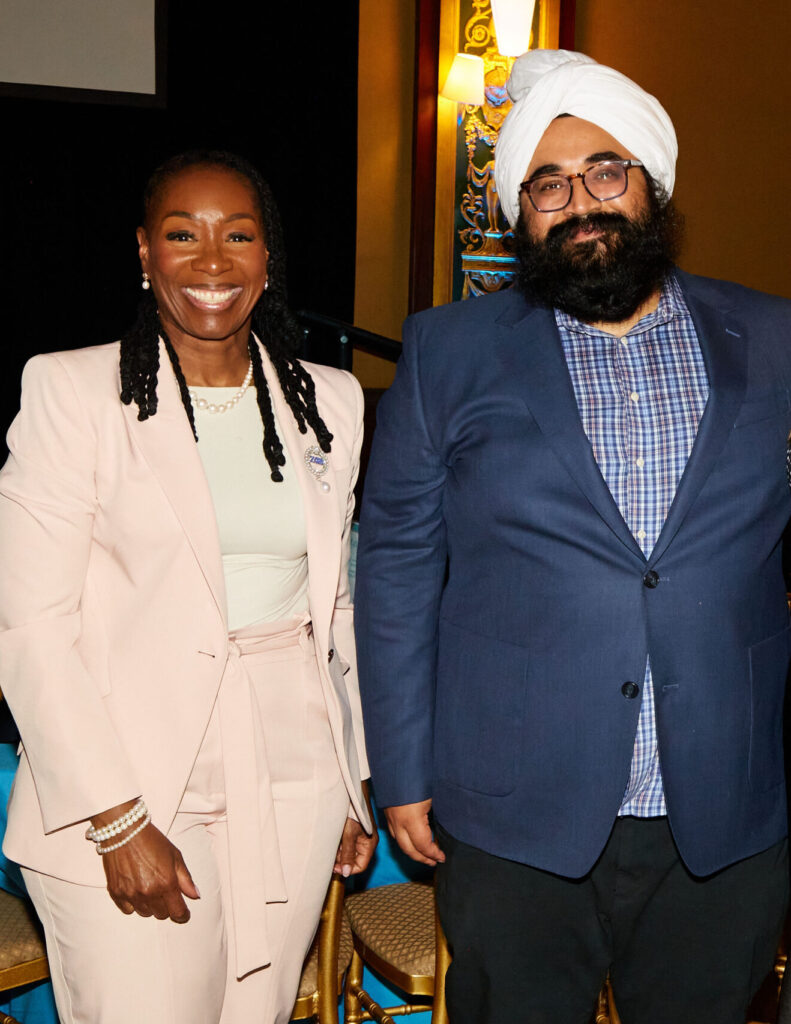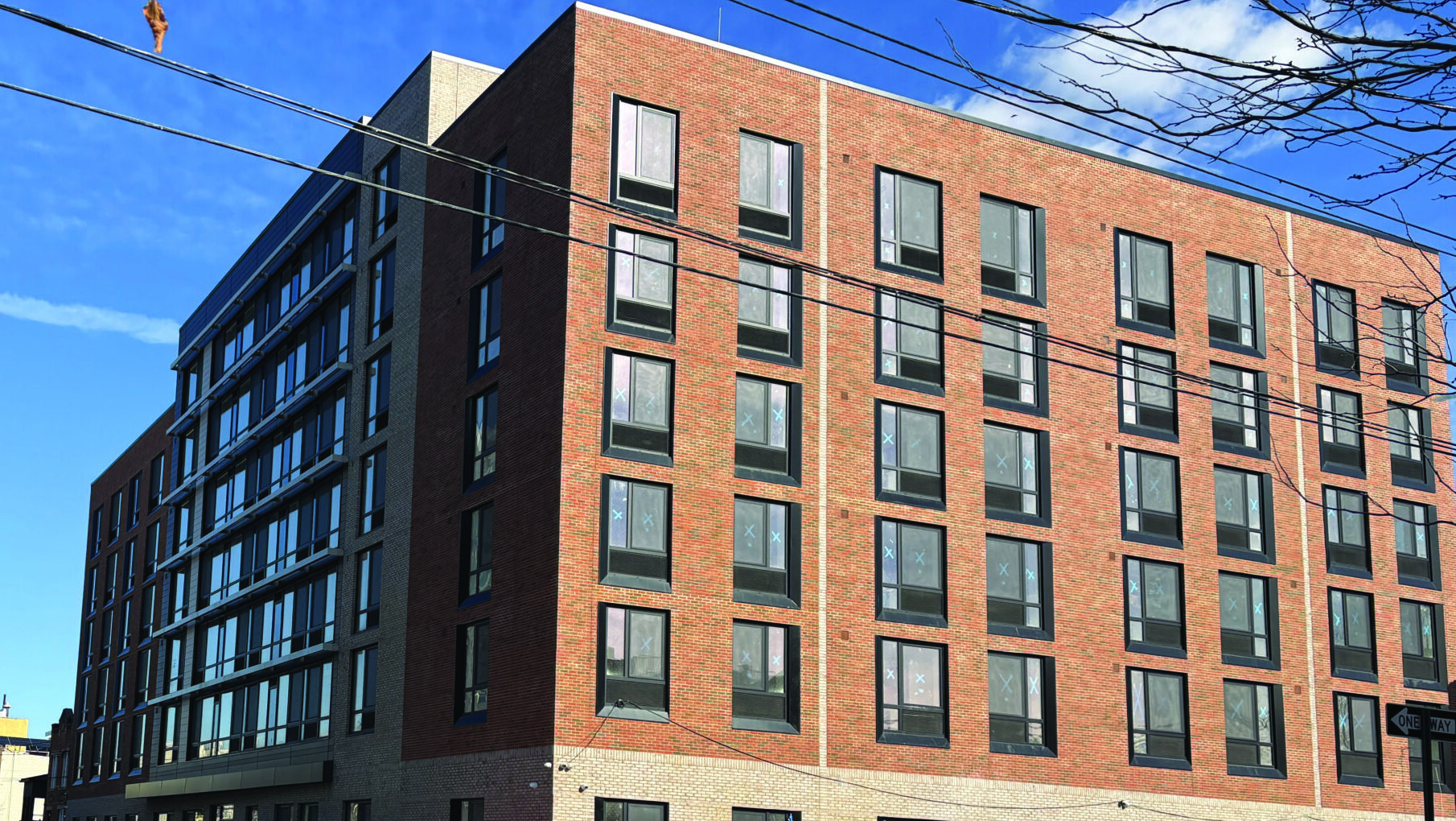On July 30, 2025, we will formally cut the ribbon on 365 Shepherd Avenue – the first building co-developed by HousingPlus and Spatial Equity. This moment marks a significant milestone for HousingPlus, as we continue to expand our role in creating both affordable and supportive housing. With this project, we’ve brought new units to market and taken a leadership stake, holding 51% co-ownership alongside Spatial Equity. To reflect on the partnership, the importance of co-development, and what this collaboration means for the future, we sat down with Teg Sethi, Principal at Spatial Equity.
Why does Spatial Equity have the focus it does, to build: “affordable housing, family-owned retail, and critical community facilities in underserved neighborhoods?” Why this focus?
Teg Sethi: When I was in graduate school, I became interested in the impacts of gentrification. That’s why I’m in affordable housing.
The concept of Spatial Equity was to create a more equal distribution of space. The idea is to live; you don’t just need an apartment, you need space to live, stores to shop in, and a place to congregate.
We try to build space into our projects where community-oriented activities can happen, places like community gardens and archives.
What is the first thing you consider when you embark on a new project?
Teg: I think about the neighborhood, what its character is, and what it offers. It matters where a place is located, and it matters that the environment around the building is somewhere people want to spend time. I also consider whether there’s a nonprofit that has strong roots in the area that I can work with.
Why do we need partnerships between developers and nonprofits?
Teg: We’re developing supportive housing, and in doing that, the service provider should weigh in on the spaces where they will be interacting with tenants. At 365 Shepherd, HousingPlus weighed in on spaces like the meeting rooms, computer labs, and meditation room. We want services to drive the design of the building.
Supportive housing is amazing. It is a place of transformation.
Teg Sethi, Spatial Equity
I came from a background in nonprofits. And I was indoctrinated into the idea that nonprofits should be the majority owners of buildings. Nonprofits serve a vital role in ensuring the affordability of the building is sustained in the long term. Ownership by a nonprofit ensures that it will continue to serve the mission and therefore not be co-opted by profitable interests.
What considerations go into a space that provides supportive housing to people who were previously homeless?
Teg: From a design perspective, we worked to make the space feel as non-institutional as possible. We want a space that shows investment in and respect for the community.
HousingPlus is here every day, and the property management staff has an understanding of the purpose of this building, which is primarily supportive housing. This means that everyone interacting with tenants has the appropriate context.
What does 365 Shepherd mean to you?
Teg: Supportive housing is amazing. It’s a place of transformation where people come from the street or shelter, and they can build a life. It’s housing that people feel invested in, where they feel they have achieved goals or made meaningful change, so home and this location have a deeper meaning.

